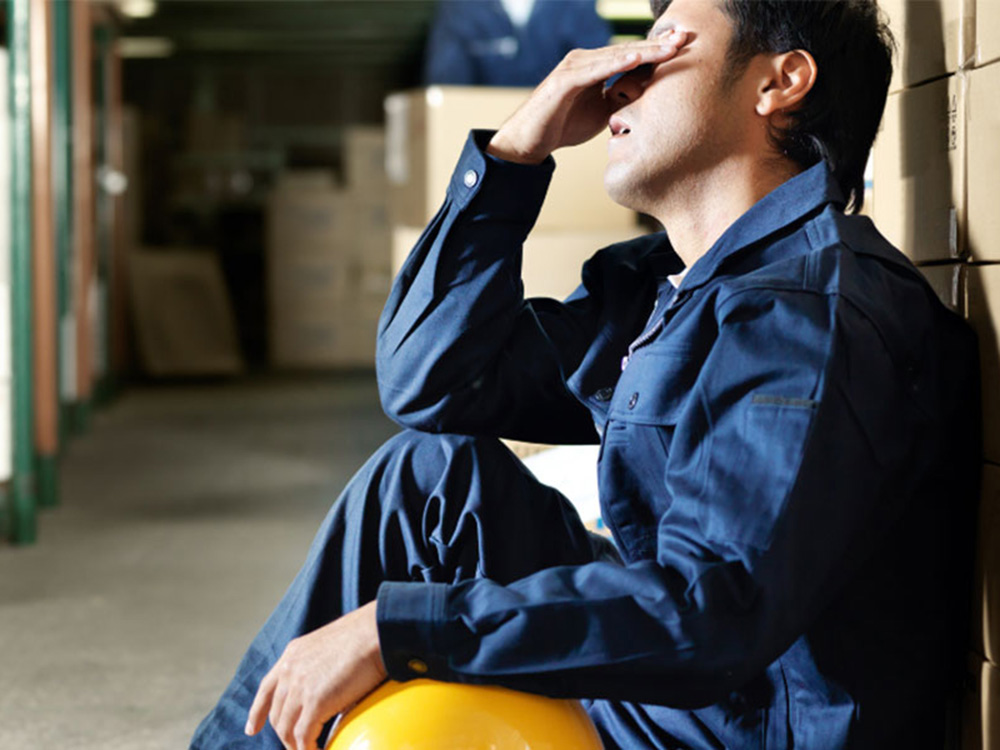
20 Jun The Dangers of Sleeping on the Job
45% of Aussies are reporting for work sleep deprived.
Everyone is aware that sleep deprivation of any sort can be debilitating. Ask a shift worker or FIFO employee. Think about how you feel when you pull an all-nighter to get that final submission completed? Not to mention how your sleep changes when a new baby joins the family.
For those getting 4-5 hours sleep per night it equates to 0.01% alcohol in your system. Going 17 hours without sleep equates to 0.05% alcohol in your system. Clearly a risk to any workplace.
This risk is directly linked to poor cognitive function. You do not think clearly, make poor decisions and judgements causing more errors. Sleep is something we cannot do without. There is a hormone that builds in the brain when lacking sleep and the only solution to reduce this hormone is to sleep. So, it must be attended to daily.
The data links between sleep and safety are compelling.
The data we have from the mining and mining services industries indicate that a high percentage of employees (85-90%) report they are receiving good quality sleep. However, this drops to 55% reporting they get adequate sleep. This means that the workforce is sleep deprived.
With an appropriate education and support program, these sleep patterns in the workplaces improved by 40% over two years.
It is worth noting – quality of sleep has been shown to improve more rapidly than the quantity of sleep.
Our sleep data has also seen some individuals referred for sleep studies. This has often meant the introduction and use of a Constant Pulmonary Airways Pressure (CPAP) Machine. The CPAP machines allows for better quality and quantity of sleep. The feedback from individuals using the CPAP is they could not believe the difference in how they felt, worked, and managed mood better. Energy levels started to return to normal. Using a CPAP also highlighted how they had “normalised” their struggle through the day when sleep deprived.
We are good at identifying and controlling physical risks within workplaces. However, it is hard to see and find those in the workplace who are sleep deprived.
One hopes that your work colleague operating the machine and working next to you is well rested and not sleep deprived. Tragically, we are only reminded of this not being the case post-accident or the result of an error of judgement.
When you are ready to identify the sleep profile of your employees and how best mitigate the associated risks then get in touch – we can help.
Reading;
Walker M: Why we sleep?

